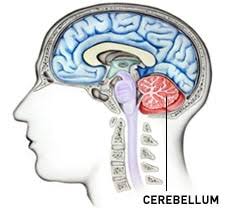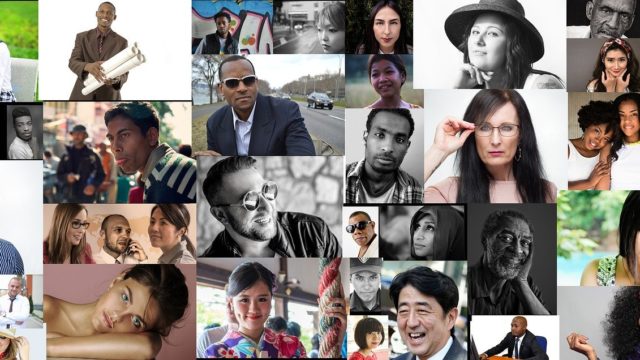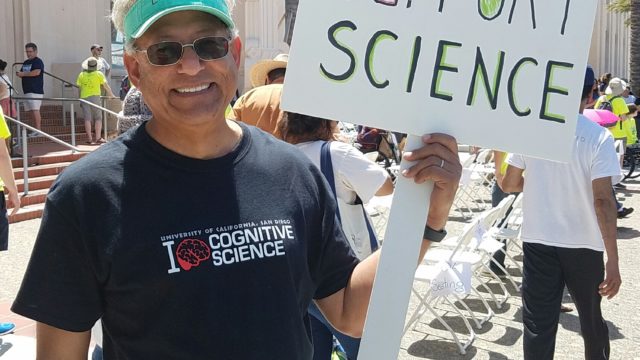Metaphors make the unknown knowable. They do so by taking an ineffable experience or an unobservable condition and comparing it to something known. Metaphors are bridges between the silence of the inexpressible and the language of the intellect. At least that is the argument made by David Thoreau, the 19th century American essayist, poet, and philosopher, and William Bronk, the 20th century American poet. From their perspective, silence is “the world of potentialities and meanings beyond the actual and expressed.” What makes these potentialities actual and expressed is metaphorical language. The power of this is reflected in the bible verse John 1:1 “In the beginning was the Word, and the Word was with God, and the Word was God.”
A metaphor such as “the pandemic of 2020 is a world war” doesn’t capture the entire essence of what it is trying to describe, but it captures an important aspect of it: a world-wide catastrophe causing death and panic. Finding the right, distinguishing label is satisfying. And perhaps why we have a fuller sense of knowing when we label what is unknown. Whether this truly increases our understanding or just the ability to communicate with others, is really not relevant at this point.
From a psychological and neuroscience perspective mind is an unknown. By mind I mean that which arises when sensory, motor, mnemonic, and cognitive inputs and their associated feedback meld into a unified stream. Metaphors are useful tools to understand that. Mind-metaphors reflect dominant scientific ideas that change as we learn more about this unknown and as our tools and sophistication to describe it improve.
As a consequence of this history, one encounters innumerable variations of what were once useful metaphors that have now lost some of their explanatory power. One of the oldest is the mind-as-container metaphor. The mind as a physical entity that contains other entities in space has been a persistent idea. Plato talked about the mind as an aviary. We think of it as containing thoughts.
A variation of this is the mind-as-landscape (William Bronk’s mind landscape, where journeying is de rigueur); mind-as-stream (William James’s stream of consciousness); mind-as-entity (the mind as tangible, localized, and discrete). Another subtler variation of the container idea is mind-as-body. Here mind is what the body is and even more specifically what the brain is. The mind-as-embodiment is a monistic interpretation that is contrary to mind-as-essence. Mind-as-essence is the dualistic interpretation in which mind is an essence separable from the physical reality of the body.
In contemporary thought, mind metaphors are still grounded in old definitions but increasingly seen as multidimensional, dynamic processes. Mind-as-living-being reflects a mind where thoughts and experiences form a ‘sentient web.’ Mind-as-development or as-blank-slate; mind-as-movie projector; mind-as-connectionist network; mind-as-brain (connectionism); mind-as-computer (symbolisms); mind-as-dynamic system (nonrepresentational, low-dimensional).
All these and the inexhaustible supply of mind-metaphors remind me of the classic parable of the blind men describing an animal they have never encountered before (an elephant) just by touching only one part of it. As long as each experiences only a small portion of the elephant, of mind, of whatever the unknown is, the description is likely wrong. As our experience expands, descriptions change and become more complicated. But metaphors can only approach truth, they are incapable of expressing the entire truth.






